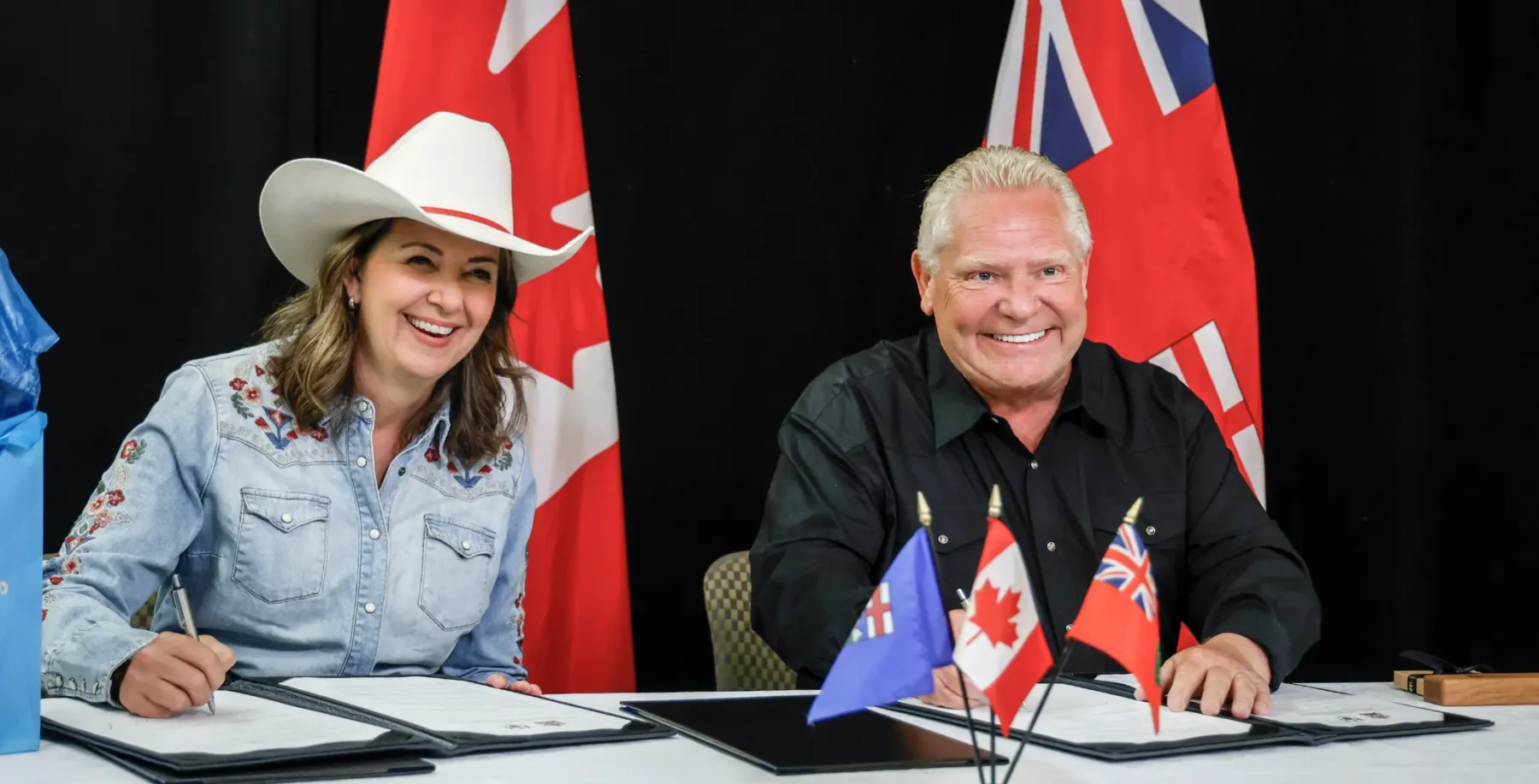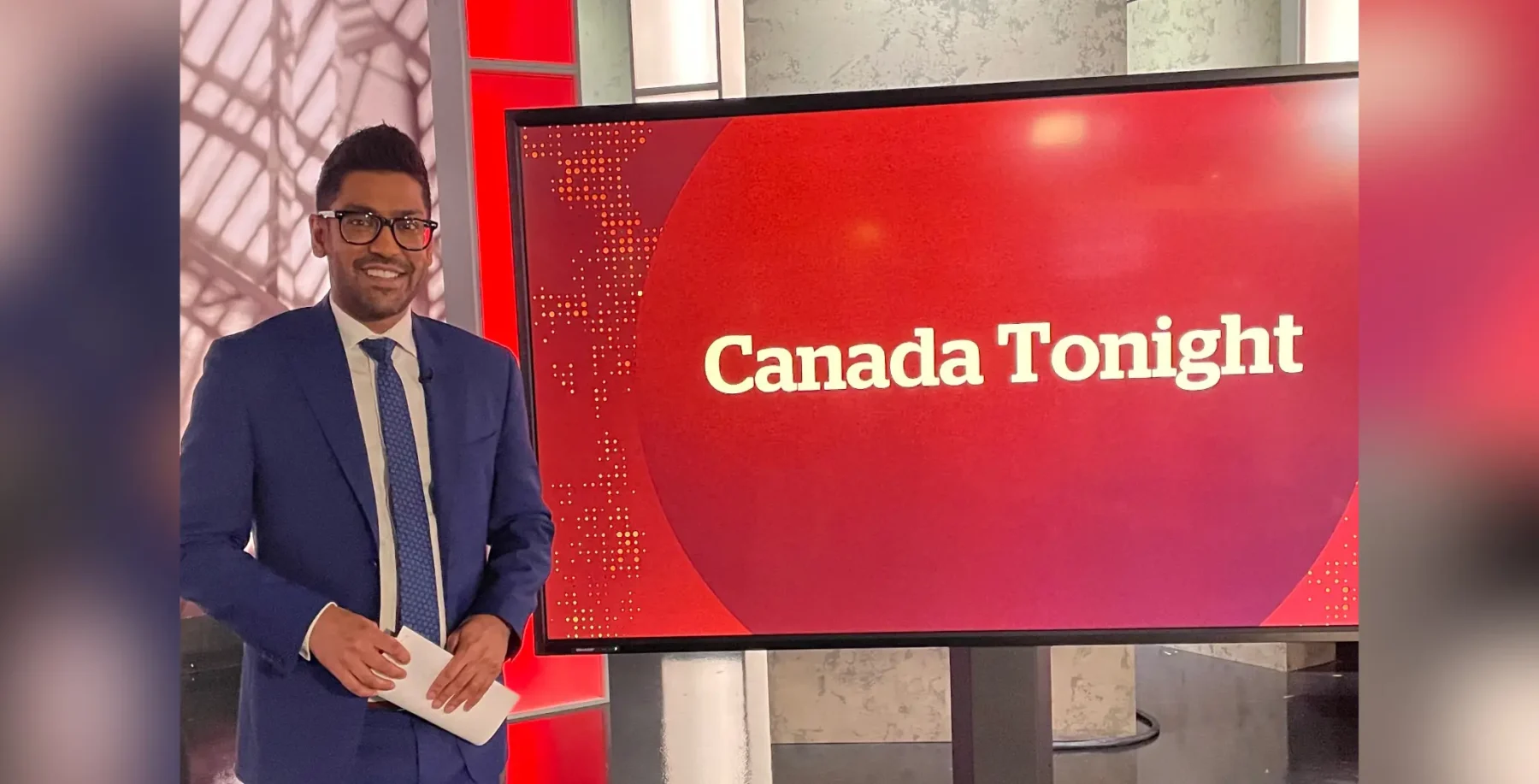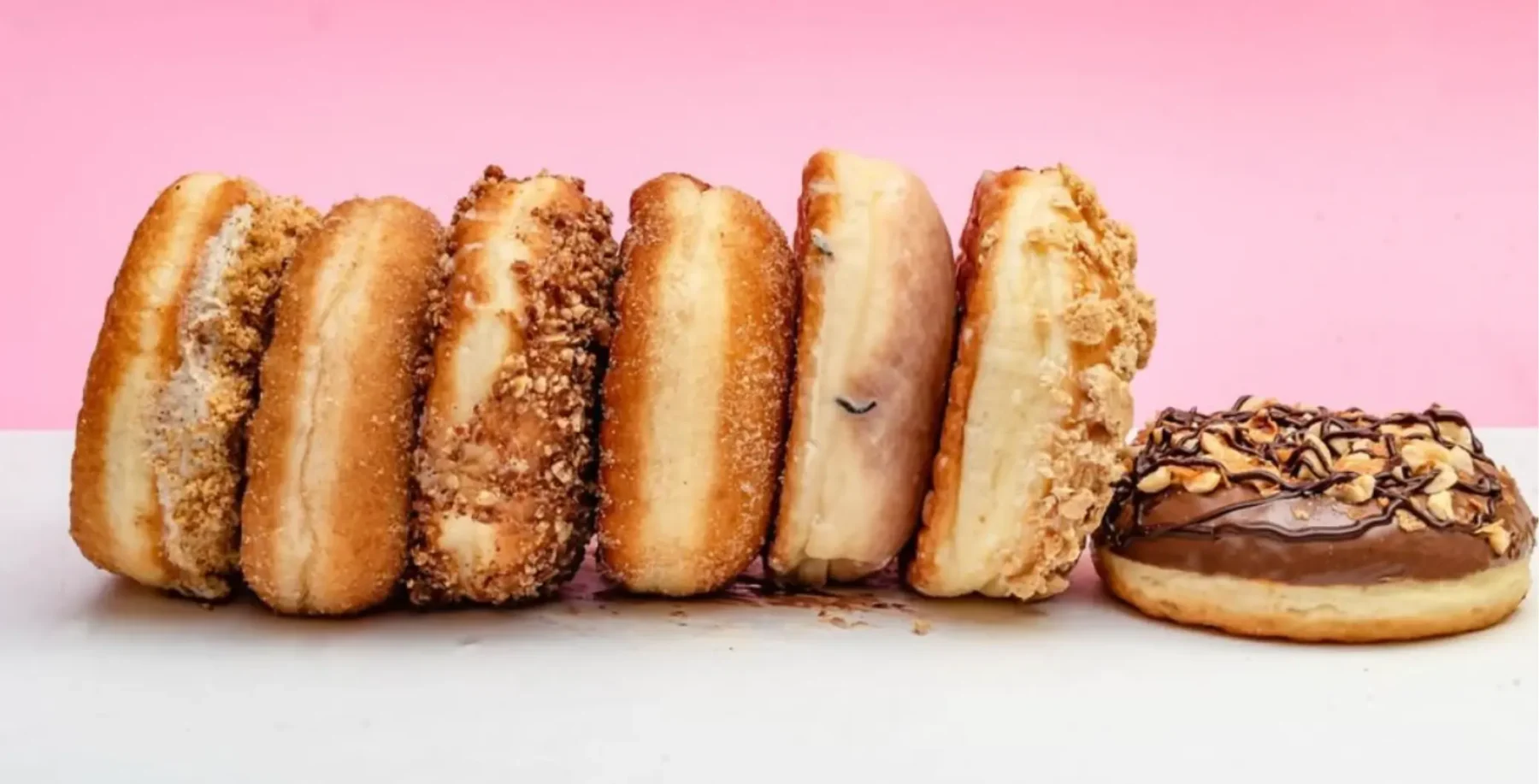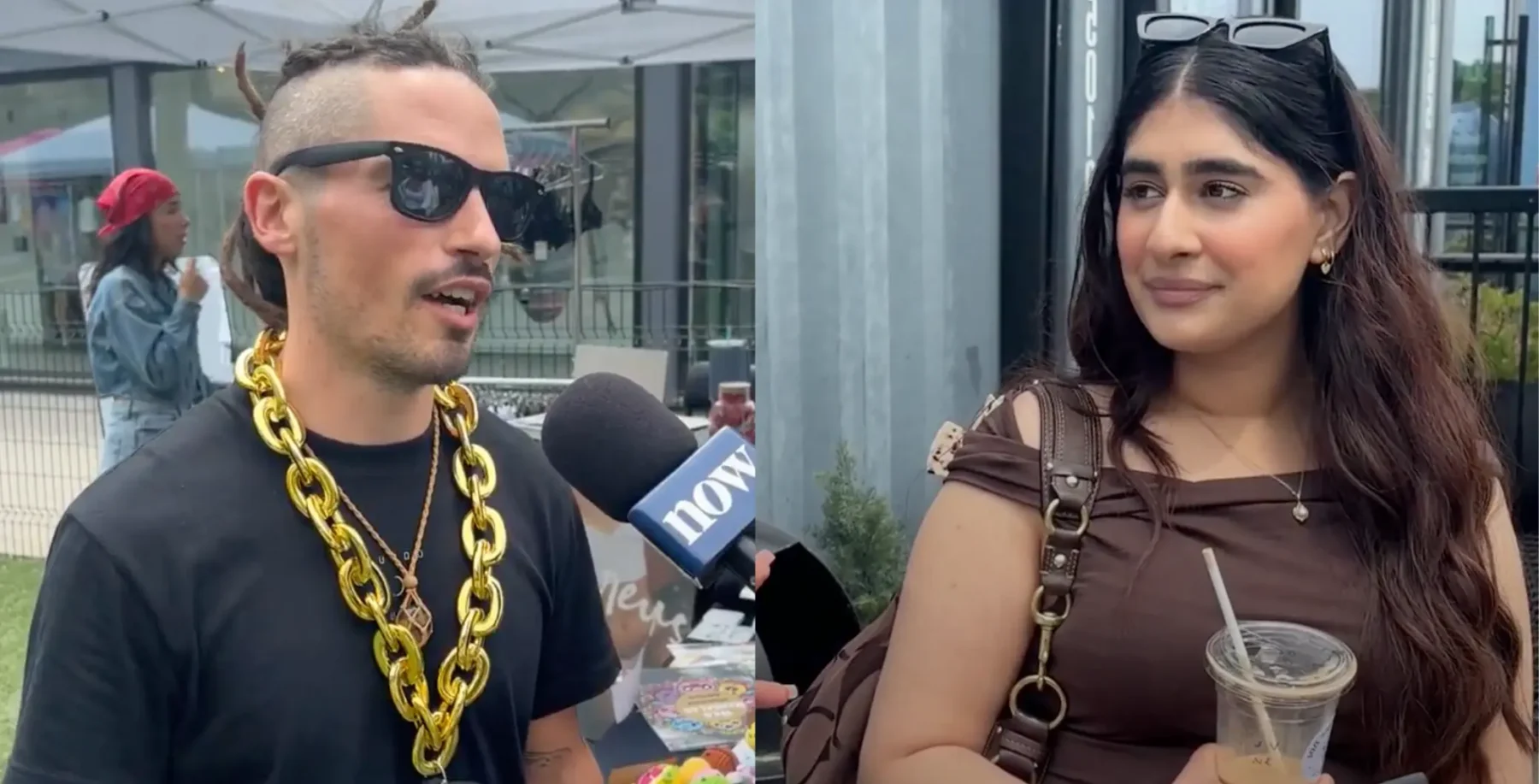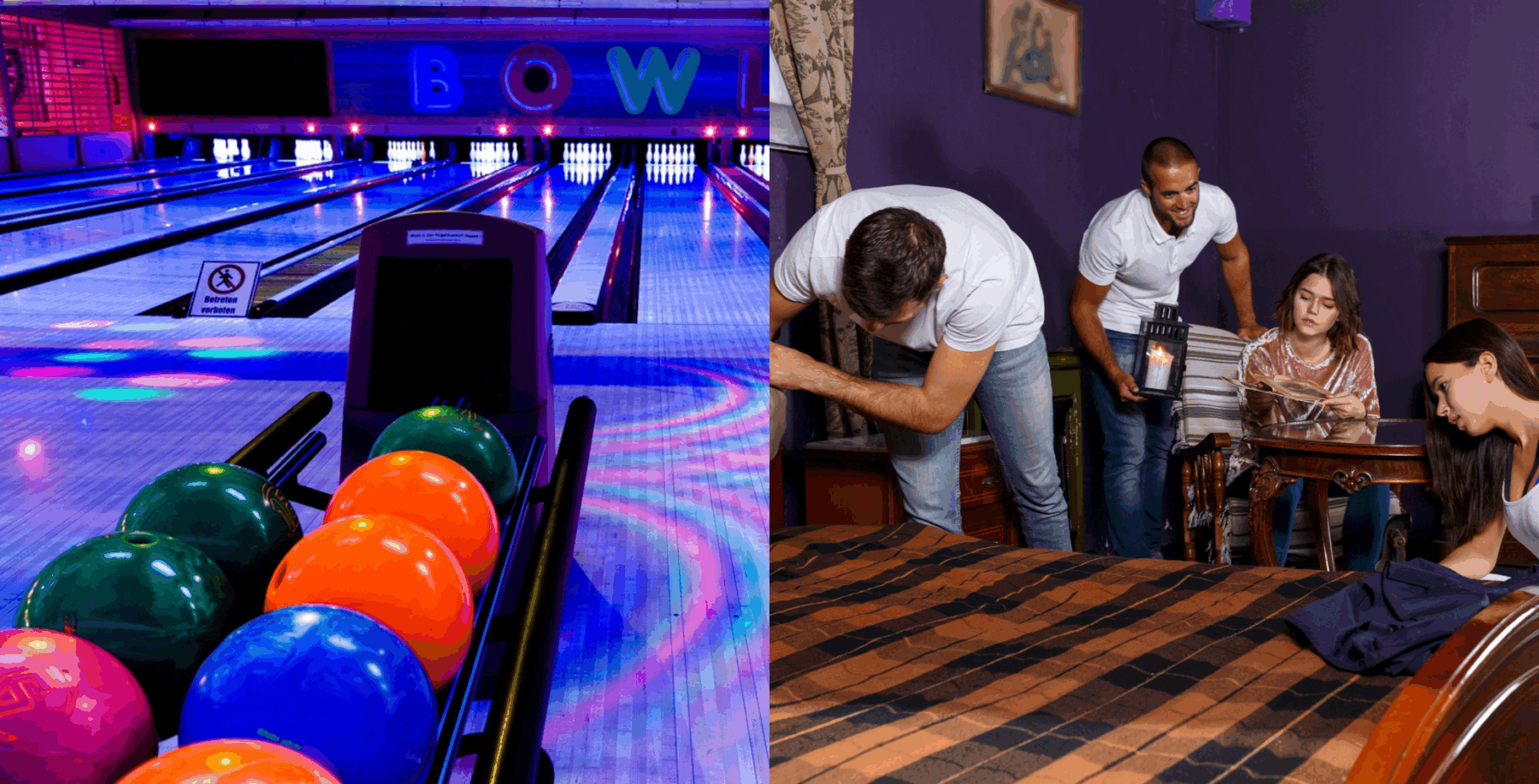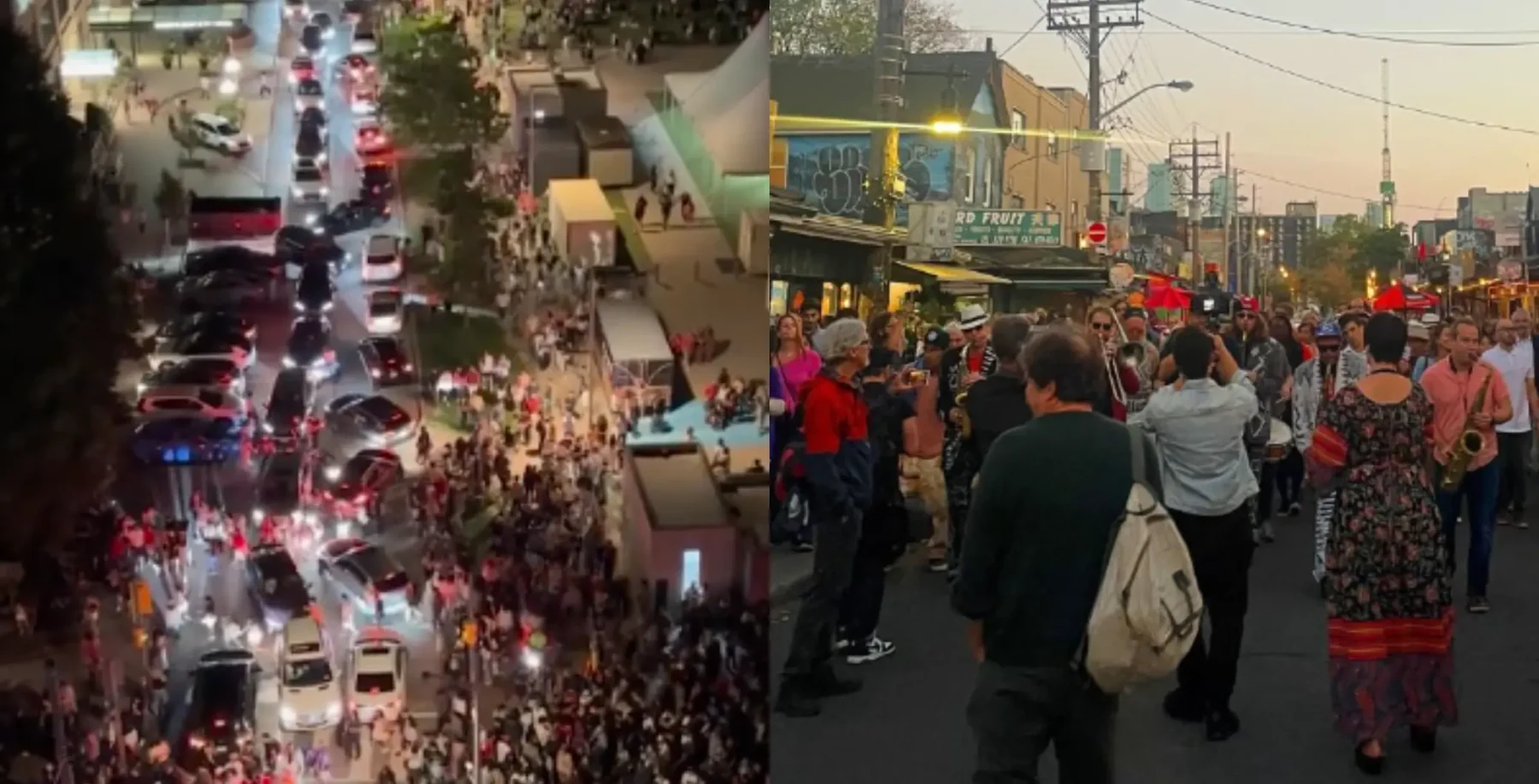
ROBIN HATCH opening for Völur with Raphael Weinroth-Browne at the Garrison (1197 Dundas West), Friday (January 31), 8 pm. $15 at the door, $10 adv. eventbrite.ca.
Robin Hatch is one of Toronto’s busiest hired guns. She’s made a name for herself playing piano and guitar in bands like Dwayne Gretzky, Sheezer, Our Lady Peace, The Rural Alberta Advantage and a host of others, but now she’s breaking out on her own as a composer for the first time – and it’s meant meeting her performance anxiety head on.
There’s a pervading idea that stage fright is something that professional musicians need to overcome in order to be successful, that it’s a phobia that can and should be beaten into submission over time. But for Hatch, it’s actually fed into her artistic practice. And, she’s realized, it’s actually pretty funny.
“Have you seen videos of John Cage live?” she asks, regarding the avant-garde composer who wrote for toy pianos, instructed organists to play as slow as possible and, most famously, wrote a performance piece that was entirely silent.
“It’s like slapstick comedy. You think that he’s pulling an elaborate prank on the audience, because what he’s doing is so ridiculous.”
Though piano composition is often thought of as staid or serious, Cage embellished the weird and turned it into a compositional tool. For Hatch, leaning into the awkward and terrifying dynamic of performance has allowed her to be more free.
“Embracing the craziness allows you to laugh at yourself and then also be taken more seriously,” she contemplates.
Hatch draws a connection to “posting cringe” – intentionally awkward content on her Twitter and other social media accounts. “Deliberately posting something that you know will be embarrassing is like a vaccine for when I have to do something serious that I want people to take seriously,” she says.
Hatch released an impressive three solo albums last year. Her first record, Works For Solo Piano, came from her therapist’s suggestion to pour her energy into her creativity and apply for a Banff artist residency. She had just gotten home from a long van tour, quit drugs and found herself in a funk. She reconnected with her piano and “purged everything I’d been going through mentally” into voice-note demos that would form the basis of the songs she’d fully flesh out in Banff.
Songwriting became a way for Hatch to challenge and stimulate herself through her sobriety. “After stepping back from taking psychedelics and smoking a lot of weed, you are left with all these areas of your brain that are curious about expanding the mind,” she explains.
Three albums in a year is an accomplishment in itself, but each expresses a markedly different idea from the last. Her second album, Hatch, is a fully improvised Cronenbergian exploration of a Roland Jupiter-8 synthesizer. The third, a self-titled album, is a more formalized approach to the creative purge that spawned her first, with “more awareness of what an outside listener might be thinking, rather than just kind of trying to clear my brain out.”
She’ll play the release show for that album this week while opening for metal band Völur – a testament to her versatility. Where her first album explored her euphoria, she wants to honour a different side of her personality. “The side that’s worked through therapy, the side of me that wants to devote the energy that I’ve devoted toward relationships toward myself and my playing and career.”
Hatch takes melodies that are inviting or familiar in their songwriting convention and then twists them so that they don’t quite resolve how your ear or brain want them to. She classifies her style as “a classical player trying to play jazz and not being very good at either.” That’s an evocative and funny image, but doesn’t do justice to the amount of thought and care she puts into her songwriting.
Her own worst critic, Hatch’s go-to songwriting method is to improvise, then go back and refine the idea. But she purposely leaves some mistakes in for good measure. It’s a technique she picked up from performance artist Marina Abramović.
“It gave me a new perspective on each performance of a song,” she says. “Even if it has mistakes, maybe that makes it more authentic. Maybe it’s as valuable as a pristine version.”
@therewasnosound

